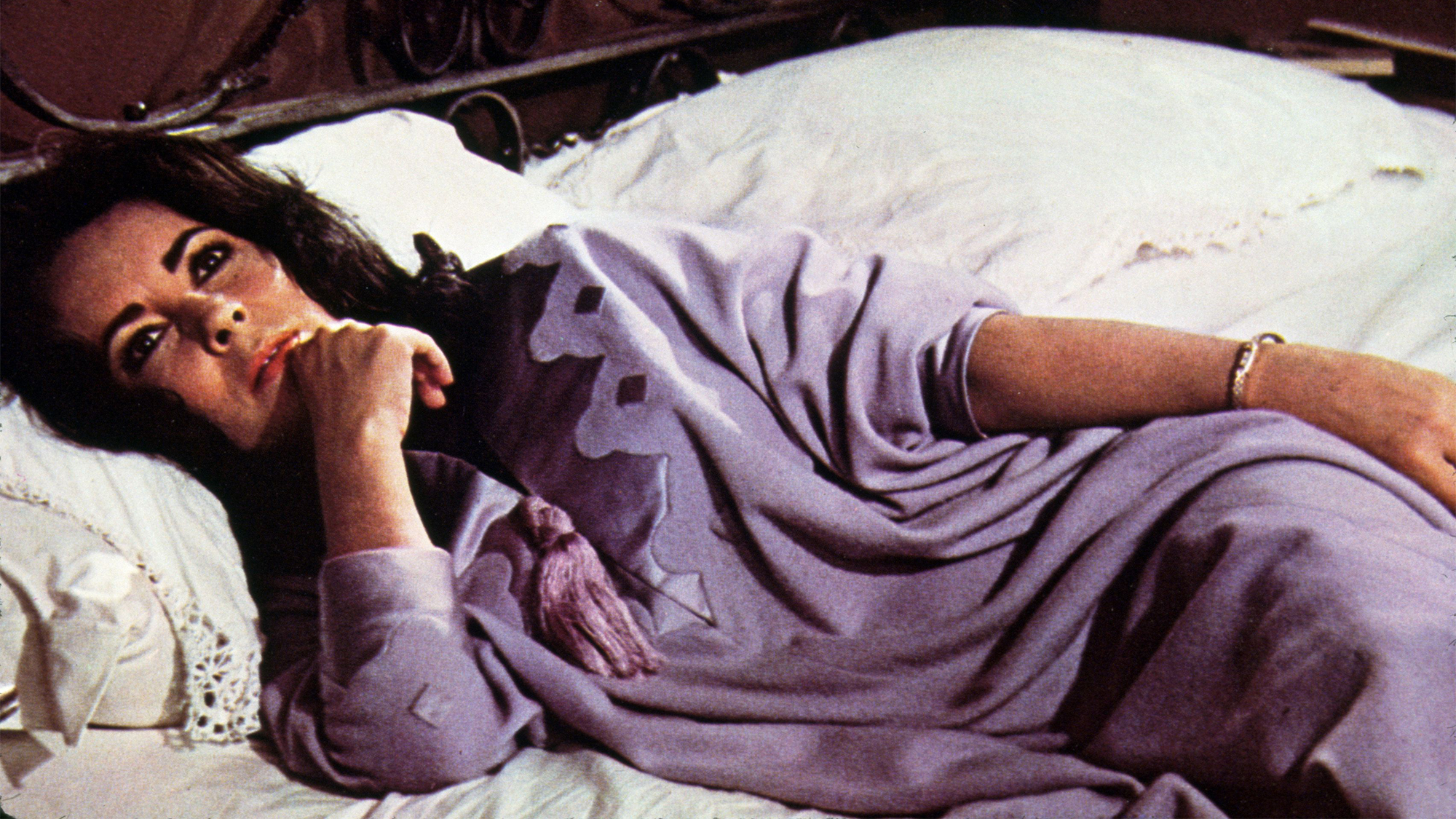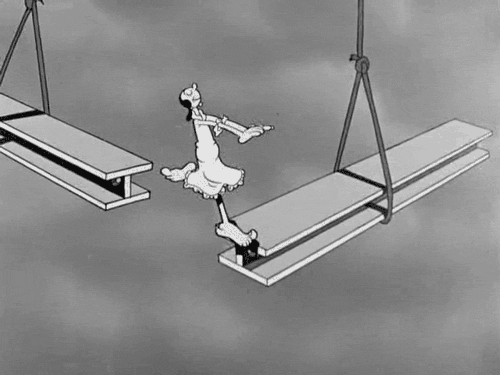This is what really causes sleepwalking
We had no idea

We had no idea
Words by Jadie Troy-Pryde
What is sleepwalking, and why does it happen? It can be pretty disconcerting to wake up with someone you live with wandering about in a sleepy daze, and it's even more unnerving when you wake up somewhere that you definitely didn't go to sleep.
Far from how it's depicted in cartoons and films with people walking about in a zombie-esque state, arms locked and eyes clamped shut, often people will look as though they are awake. It has been linked to stress and anxiety, and often those with sleep apnea, sleep deprivation or sleep paralysis say that they also experience it from time to time.
But is is dangerous? What does it mean? And how can you get a handle on it?
Here's everything you need to know.

What is sleepwalking?
Sleepwalking is defined as a 'behaviour disorder that originates during deep sleep and results in waking or performing other complex behaviours while asleep', according to Sleep Foundation. This can range from sitting up in bed and looking around, to wandering around the house, to even leaving their home and driving in some cases.
Celebrity news, beauty, fashion advice, and fascinating features, delivered straight to your inbox!
Usually the person sleepwalking will not remember the episode, and it can be quite difficult to wake them.
What is the main cause of sleepwalking?
Although the exact cause in unknown, it has been linked to various other sleep conditions. According to the NHS website, it is usually triggered by stress and anxiety, alcohol, medication and not getting enough sleep.
Is sleepwalking hereditary or genetic?
It is believed to run in families, so you are more likely to experience it if a parent or sibling is sleepwalker. It can also be a side effect of night terrors, or sleep disorders that cause you to wake up suddenly, such as restless leg syndrome.
Can sleepwalking be dangerous?
In some cases it can be, but purely because of the situations that sleepwalkers can often find themselves in (if they are wandering the streets, or driving for example). However, if you live with a sleepwalker or sleepwalk yourself it is advised to keep breakable or harmful objects out of reach, and keep the floor clear to make sure they don't trip over.
How to stop sleepwalking
If you find someone you live with sleepwalking, the best thing to do is ensure that they are safe and attempt to guide them back to bed. However, the NHS website advises: 'Don't shout or startle the person and don't try to physically restrain them unless they're in danger, as they may lash out.'
In order to reduce your chances of sleepwalking, try to limit drinks before bed and introduce a relaxing routine before you nod off. Ensure the room is dark and quiet, and try to go to bed at the same time every night.
The leading destination for fashion, beauty, shopping and finger-on-the-pulse views on the latest issues. Marie Claire's travel content helps you delight in discovering new destinations around the globe, offering a unique – and sometimes unchartered – travel experience. From new hotel openings to the destinations tipped to take over our travel calendars, this iconic name has it covered.